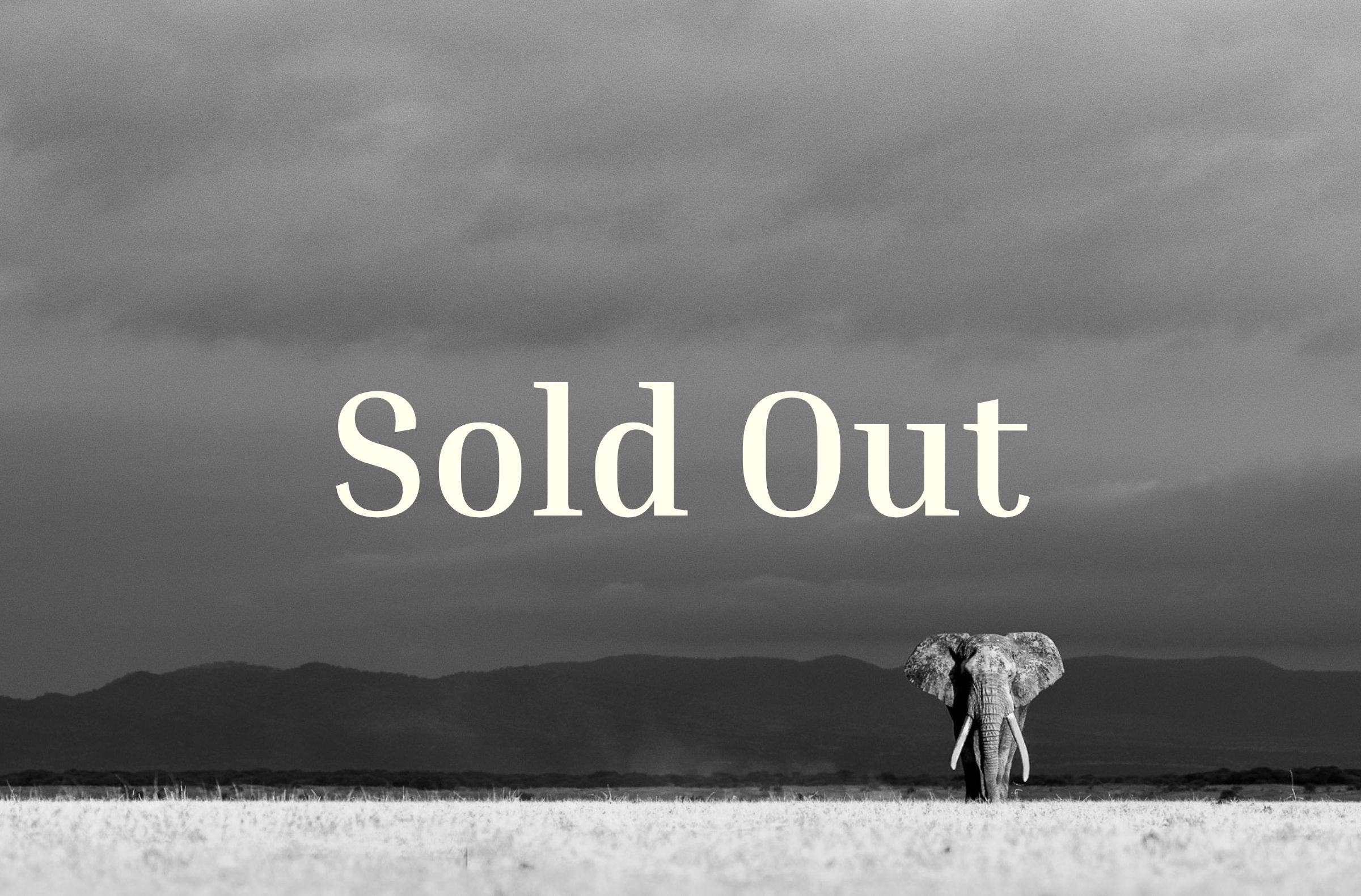Where It All Began: Part 2 - What Now?
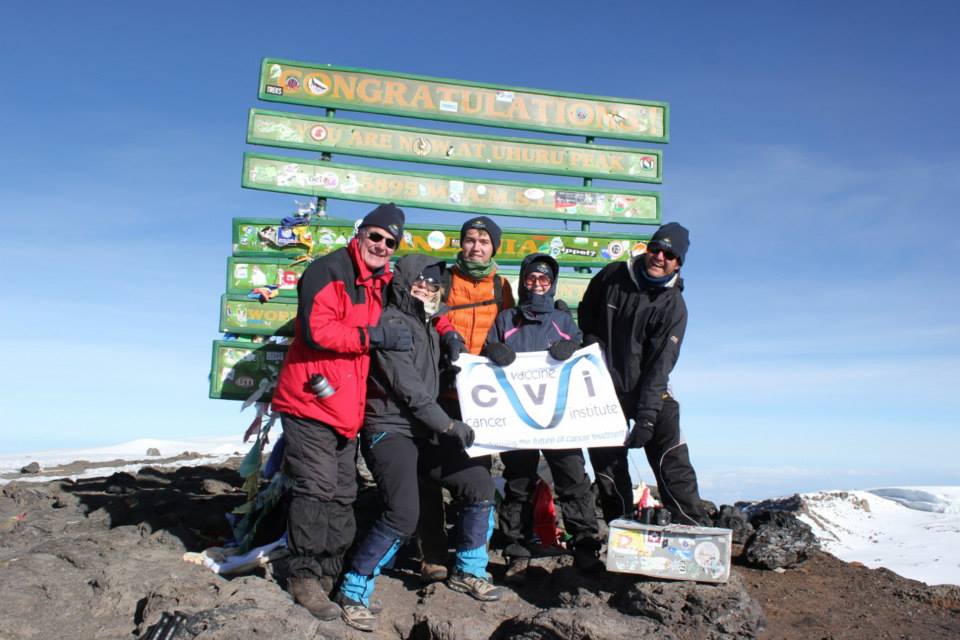
Taking The Next Steps
I am a stubborn human being. Thankfully I’ve managed to find one of the few industries where this is a positive, as waiting for a lion to do what you hope for is immensely painful and requires a serious “I will wait for longer than you” attitude. One place it was little help though was as an eighteen year old trying to plot a path in life.
Throughout school I was adamant university was not for me. My grades were a litany of B’s and C’s - occasionally worse - and I did not have the attention span to sit still in exams. The thought of spending any more time in a class room after the age of 18 was nonsensical to me.
So it was with some surprise that, having asked Jonathan Scott what I should do to follow in his footsteps as a wildlife photographer and safari guide, he suggested a university degree in Falmouth: Marine and Natural History Photography.
Jonathan was more inspiring than 90% of the teachers I had ever been taught and told off by though, so I took his advice seriously - and began the application process that day.
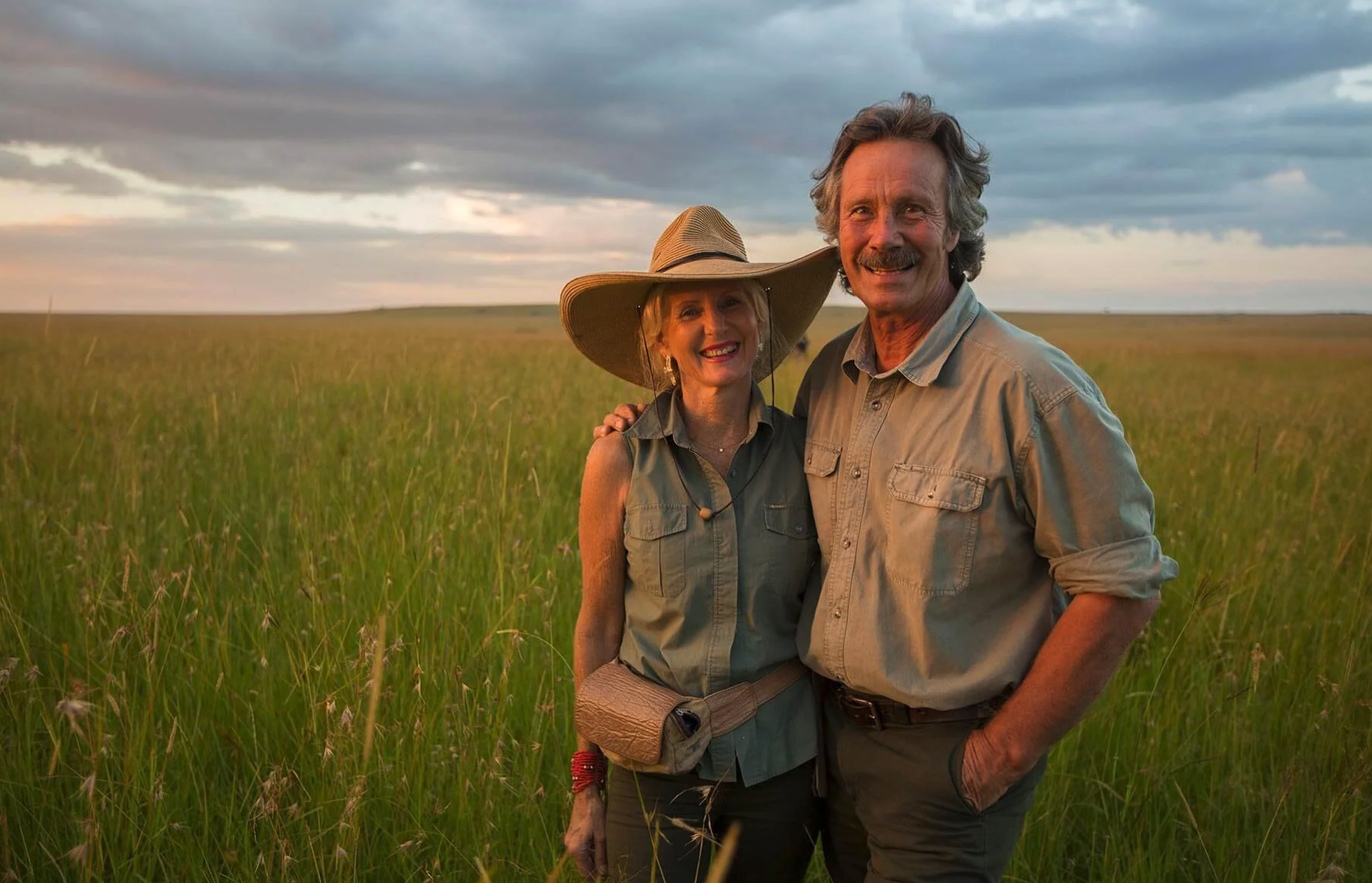
More Education?
Two weeks later I was offered a place on the course and had a choice to make. It was 18 months since I had left school, swearing throughout that I was more likely to end up in the army than at university, and I’m too blind to pass their entrance tests anyway.
I was so adamant that on the day my school organised an educational trip to Reading university in the summer term I refused to go - sighting it as a waste of time - and even convinced my Mum to help me get successfully excused so I could spend the day at Wimbledon instead. The most middle class school hooky you can imagine.
And so as I read my offer letter from Falmouth, telling me where I would need to be in September, I realised that not only had I never been to Falmouth, I had also never looked round a university.
So I accepted.
I still had a couple of months left at Governors’ and so I put my foot down on my photography, knowing I was now committed for a long, long time and began to build what I thought was an impressive portfolio - looking back they were all rubbish.
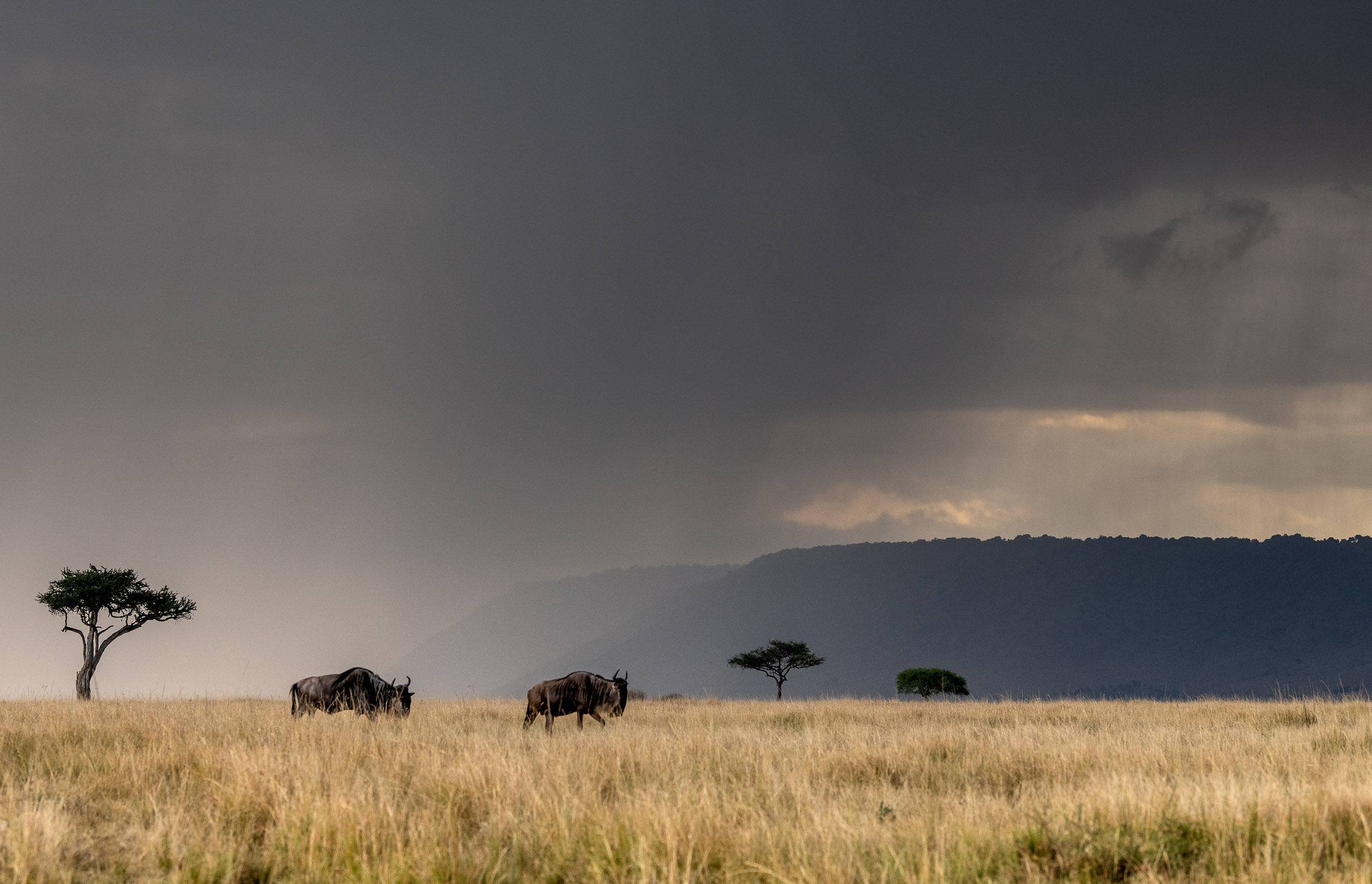
Goodbye Governors'
I was still meant to be running the Governors’ Private Camp whenever there were guests (it only took one booking at a time) but this was rapidly losing its appeal. For every 100 great guests you get one shocker and sadly they undo all the joy of the previous safaris.
The last group I was scheduled to host were staying for five nights, after that I was on a few days of photography then it was back to Blighty and in to the education system again. The notes in their booking just said “French”. For context, notes from a good agent in those days are normally a couple of paragraphs at least. Now it’s a series of online forms detailing down to every child’s favourite fizzy drink.
It was protocol to meet all guests at the airstrip. Given they had booked out an entire camp for their group there was a good chance they were VIP’s and at the least not short of a penny or two. So all of us had to be on best behaviour and we’d often practice our bow or courtesy at the airstrip to lighten the tension (sadly still yet to deploy this on safari).
You can tell from the moment an aeroplane door opens what kind of guests you are going to get. “Good guests”, as they are known, are immediately obvious. They come out smiling, help with the luggage, shake everyone’s hand regardless of staff level and usually dish out a few excited but slightly awkward hugs. I would say this is 90% of guests in my experience.
The other 10% make me want to hide behind an angry hippo. At the airstrip as the plane touched down we placed the usual bets on Good vs. Bad guests, being English and with French guests arriving I naturally backed the latter. Sadly I was in the money.
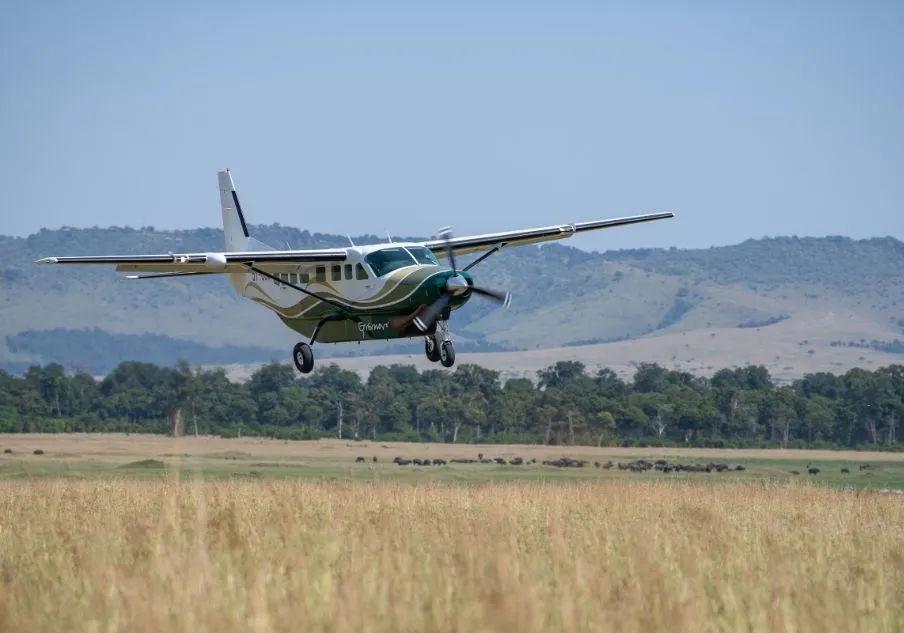
Good Guests & Bad Guests
As the pilot opened the cockpit door he winked at me and said simply “good luck”, upon which my new guests started to walk down the backstairs as if it were a cat walk, but succeeding only in looking like they were walking the plank.
I welcomed them in a line of school boy French “Bonjour et bienvenue au Maasai Mara” and assigned them all to their cars for the week, which they all climbed in to unenthusiastically, leaving a pile of bags on the runway behind them.
The drive to camp is short as the eagle flies, only a mile and a half, but with first time guests this can take up to 45 minutes as the density of game in the Mara is remarkable. Moses stopped at the first animals we saw - a herd of impala - and began explaining why a group of females is called a harem, how one male impala will often have up to 30 females in a harem and that he will likely lose them within two weeks to a stronger male (for he is so utterly exhausted from the mating demands of 40 female impala). This usually gets a laugh. Today one person sniffed.
Moses tried again as we approached three male buffalos, explaining that the older males are pushed out of the breeding herds by the younger males and that these three, battered, aggressive and anxious animals we are looking at are among the most dangerous in all of Africa. Silence.
The rest of the journey took six minutes.
Back in camp things did not improve. I gave a short safety briefing to them all - noting the only two really important things to consider were;
- NEVER walk on your own after dark. We had no fences to keep animals out and I had, just last week, had to hide in a laundry cupboard from an angry elephant.
- All our electricity ran on a generator and this could not handle hair dryers. If you have one with you, please do not use it as all the power will go out.
Lunch went off with only a couple of complaints (beef not rare enough, wine not from a French vineyard - the usual) and then they were out on their first safari. These typically run from 3.30-7pm, with a little sundowner at the end so I had time to make sure everything in camp was looking as it should and drive the mile between camps to join in staff football at 5pm.
After an hour of chasing leather and never once catching up with it I grabbed my shirt and phone off the goal post and noticed a lot of missed calls from Moses. Hopping in the back of the Land Rover we sped back to camp arriving just before Moses’ car and I jumped out in to the dust ready to greet the guests with a smile and welcome drink, hoping the falling darkness would hide the fact my shirt was sticking to my body, legs were covered in dust and I still had my football boots on. They all just walked straight past me. Moses followed with steam coming out of his ears. “What happened?” I asked, “Why are you back so early?”
Thankfully, Moses spoke more French than me but he told me he thought he must have been going crazy, because as they went out on the game drive he heard them say “Let’s have a photo with some lions.”
No sooner had they got to some sleeping lions and Moses had turned the ignition off than one of the older members of the team said “Ok, everyone out, I will take the photo.” Without even considering this for a second, every guest stood up and the one nearest the door opened it towards the sleeping pride. Moses did not have time (nor the crayons) to explain to these people that they were complete and utter morons, so he slammed the car in to first and drove them all away from the lions - who by this point were all intently curious as to what was going on - with some if not all the guests falling back in to their seats or on to the floor.
I now had Moses furious with his guests (and me for not briefing them properly) and the guests adamant they would not go on a game drive with Moses again. How dare he knock them over like that. Yes, I thought, how dare he save your life.
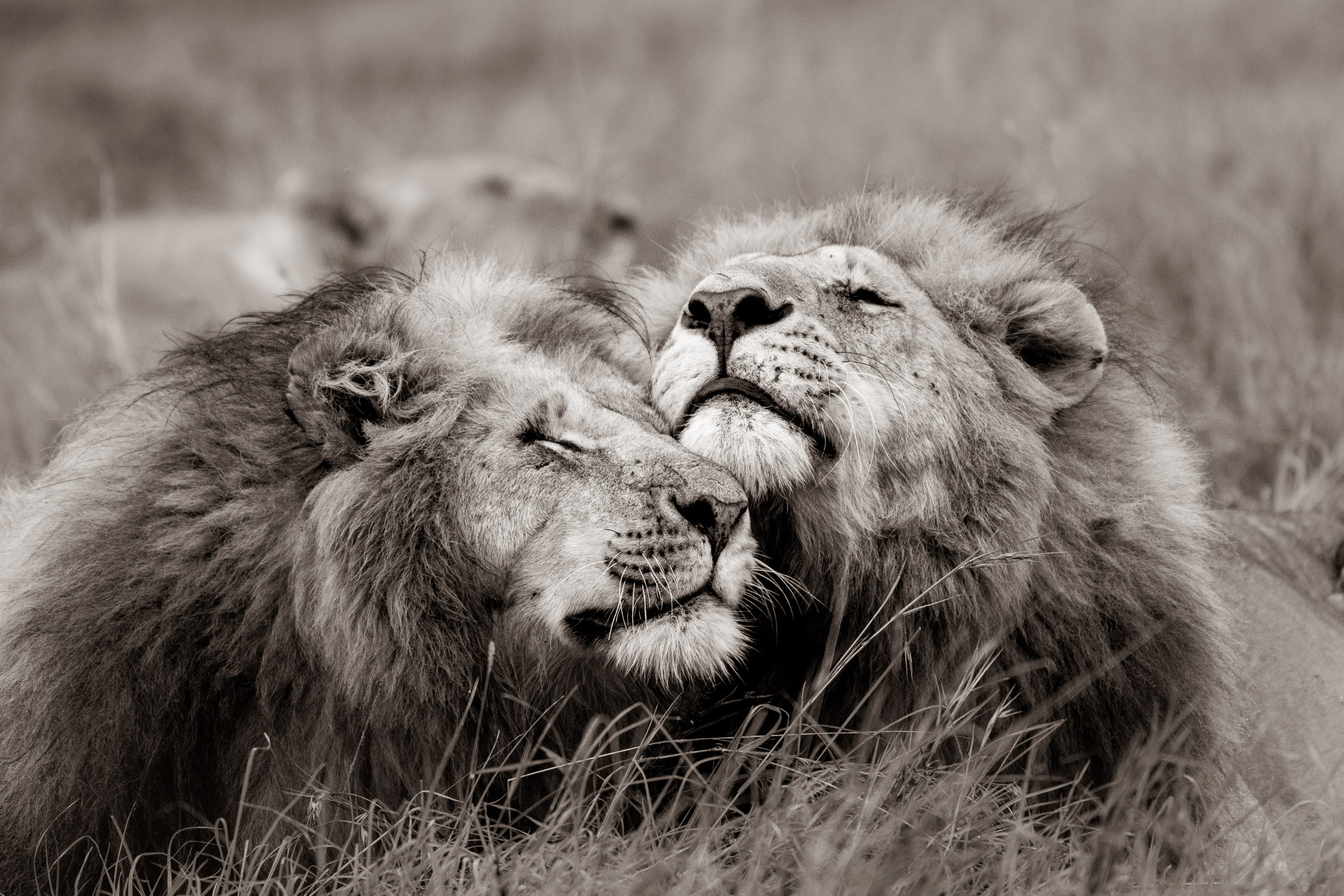
England V France
I spent the next thirty minutes acting as peace keeper, drafted in a new guide and explained (for the first and last time in my career) that no, you cannot get out of the car on safari and take a photo with a lion. No sooner had I done so than every single light in camp went out at once. I could hardly see the guests stood right in front of me and the only lights left in camp were the oil lanterns outside each guest tent to mark where they are.
Seemingly unperturbed by the danger that darkness can bring, an incredibly angry French man came running out of his tent, hair dryer in hand, chord flying behind him like a zebras tail wondering why on earth it did not work.
Ah mon dieu.
Eventually I managed to vanquish the French early, by suggesting they add a couple of nights on Lake Victoria to their itinerary instead of their last two nights in the Mara. They jumped at this and as I watched their aeroplane disappear over the escarpment texted James, the manager that was about to host them, with a simple “Bonne Chance” as I bagged an extra couple of days with my camera to get back out on safari.
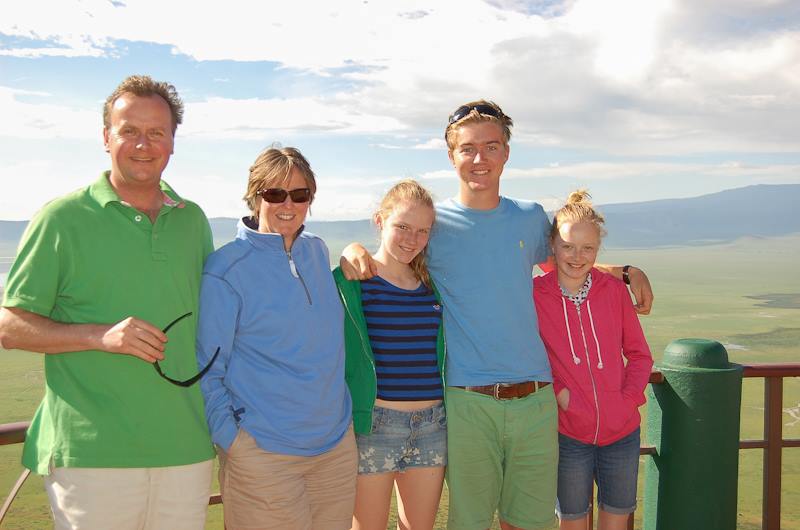
Goodbye Governors'
As it appeared my time in Kenya was coming to a close for a long while at least, my parents and sisters came to visit for a blissful week on safari (they saw a leopard on their first game drive, it had taken me three months) and then I headed off to climb Mt. Kilimanjaro with a friend and his family. Drawing to a close a life defining chapter.
As so often happens to me, having been so adamant about something I was proved totally and utterly wrong. I loved university. I loved the friendships, the sport, the partying, living by the sea, the town and pretty much every aspect of it - except the studying bit.
As vague as many of those memories are I vividly remember two moments in my second year. The first was being told at about the half way point that they were trialling a new idea; that your second year grade would only count if it enhanced your final, third year score. To me this translated to: Second year does not count, stick it all on year three.
The next memory is my final tutorial of that year, during which Adrian, the man who would eventually guide me through third year, pointed at the highest mark on a line graph.
“This”, he said, “Is your grade average before we told you about the grades idea.” Then he pointed at a mark much, much lower down the graph. “This is your average afterwards.” Turns out I still wasn’t much use at studying.
I knuckled down in third year and made it out with a first in the end - sticking it all on red worked - but realised as I drove away from Falmouth that I did not want to be a photographer anymore. For three years we had had every kind of photographic opportunity thrown at us, an amazing series of guest lecturers (Steve Backshall a serious highlight) and I had been surrounded by 70 other aspiring wildlife photographers, all of whom far more eager and interested than I was. I think I just felt I had no chance compared to all of them - there was hardly space in the industry for 10% of us and while they had all spent their time actually working, I’d spent three years playing sport and collecting a brilliant group of friends. So I ditched photography as an idea and went off to Australia instead.
This, in hindsight, was not my smartest move.
Next Chapter on August 8th

